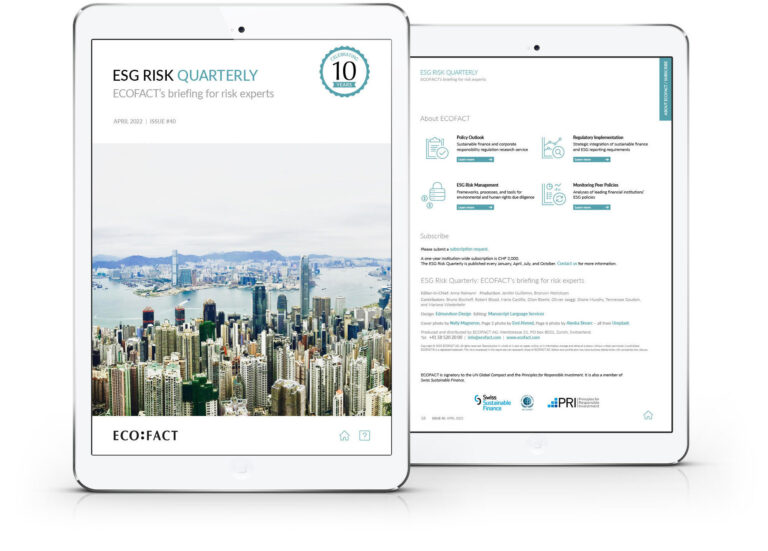Why we need to be prepared – especially when we know something will happen
What surprises me the most about the COVID-19 crisis is how ill prepared we were for this situation. How was that possible?
In the World Economic Forum’s 2020 Global Risks Report,[1] infectious diseases are one of the top ten global risks in terms of impact (with, not surprisingly, a comparatively low annual probability). In the 2015 report[2], the spread of infectious diseases was the second-highest risk in terms of impact – a hype that may have been fueled by Bill Gates’s strong message of 2015[3], when he stated that a pandemic disease was the “most predictable catastrophe in the history of the human race.”
So why weren’t we better prepared? Obviously, the question wasn’t whether a pandemic would occur, but simply when. Being prepared would have enabled us to track and contain the outbreak. Unfortunately, despite stern warnings, pandemics are not the only global risk for which our existing risk mitigation measures – especially regarding climate change – are woefully inadequate.
In the media, writers are debating whether the current crisis will have a positive effect on long-term emission reduction, or whether, due to economic losses, we will ultimately be unable to finance the transformation of our energy systems. Others claim that our current response proves that our economies and societies are able to adapt, and that we will therefore be able to transition to a more sustainable pathway.
In my opinion, the most important point is that this crisis must be seen as a wake-up call. If we fail to prepare for global risk scenarios, the economic and societal cost could potentially be unsustainable. We have now seen what happens when we ignore warning signs and delay action.
Few senior leaders have understood this. One laudable exception is Christian Mumenthaler, Swiss Re’s Group CEO. He recently wrote[4] that “our entire system, including the functioning of most businesses and economies, and our way of life depend on sustaining a livable environment.” Mumenthaler also reminds us that climate goals require action, and that we should not wait for governments to act: “For all the laudable commitments, the Paris Climate Agreement has achieved very little since its adoption four years ago.” His message is clear: businesses must address the climate crisis.
Such strategic thinking on climate change remains rare in the financial sector. Yet the financial sector faces a unique opportunity: all cars, houses and enterprises are insured and/or financed in one way or another. Underwriting, lending and investment decisions provide the financial sector with important leverage. This implies an opportunity for the financial sector to influence behaviors and business practices that will otherwise give rise to financial risk and threaten global growth.
So if there is any lesson that we should learn, it is that global risks require targeted and coordinated action at an early stage. Let this be our key takeaway from this crisis.
 All posts
All posts Contact
Contact



